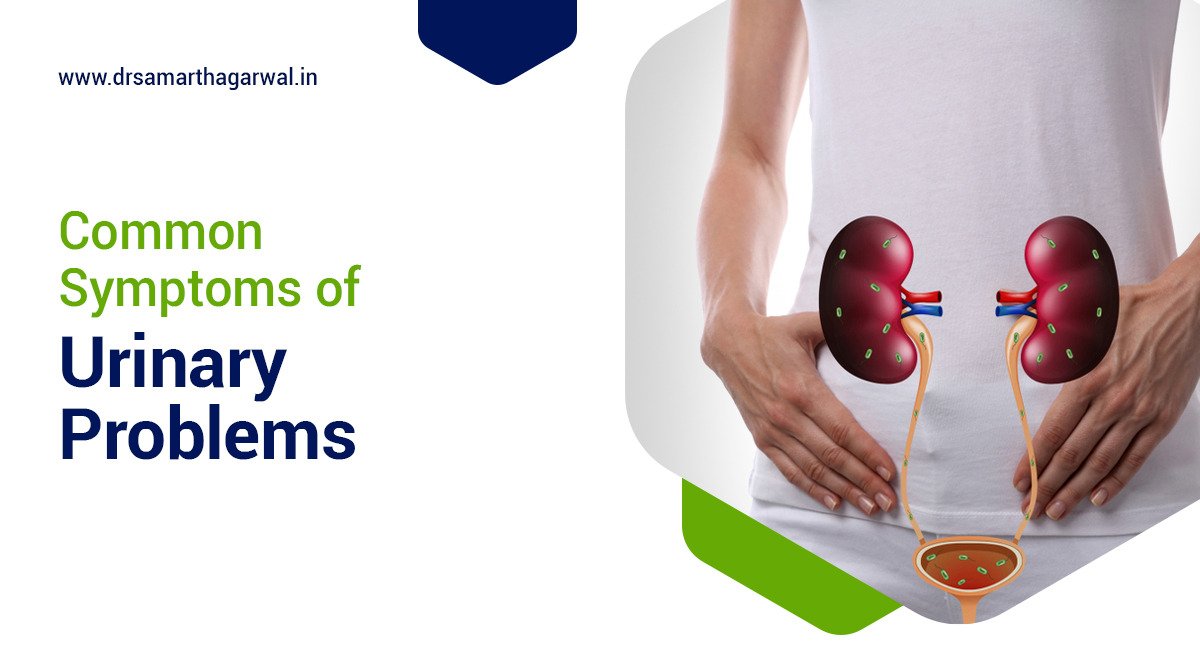Urinary problems can significantly impact an individual’s well-being, and understanding the symptoms is crucial for timely intervention. Addressing these concerns often involves therapeutic approaches tailored to the specific symptoms experienced. One noticeable symptom of urinary problems is an increased frequency of urination, accompanied by a sense of urgency, which can disrupt daily activities. Additionally, individuals may experience discomfort or pain during urination, indicating potential issues with the urinary tract.
When it comes to treating urinary problems, various options exist based on the specific diagnosis. Management may involve antibiotics for infections, lifestyle modifications to address contributing factors, or more advanced interventions like surgical procedures, depending on the severity of the condition. Seeking professional medical advice and a thorough diagnosis is crucial for determining the most suitable course of action.
What are the Symptoms of Urinary Problems?
Urinary Incontinence
Urinary incontinence, the loss of bladder control, ranges from occasional leaks during activities to sudden, strong urges resulting in involuntary urine loss.
Urinary incontinence is a common issue, impacting people’s lives emotionally and socially. It can manifest as stress incontinence, occurring during activities like coughing, or urge incontinence, involving sudden intense urges. Causes include age-related changes, pregnancy, childbirth, and chronic conditions. Lifestyle factors like diet and exercise influence incontinence risk. Temporary incontinence can result from diuretic substances or urinary tract infections. Treatment options encompass lifestyle adjustments, pelvic floor exercises, and medical interventions like bulking agents or surgery. Seeking professional advice is crucial for effective management and an active, confident life.
Urinary Retention
Urinary retention is a condition where the bladder cannot empty urine fully, leading to acute or chronic issues.
Urinary retention, whether acute or chronic, manifests through symptoms like abdominal pain, difficulty urinating, and incomplete bladder emptying. Diagnosis involves medical history, physical exams, and various tests. Causes include blockages, medications, or nerve problems.
Treatment varies, from catheterization for acute cases to medications, surgery, or self-care. Preventive measures include prompt bathroom use and pelvic floor exercises. Complications may arise, such as UTIs or bladder damage. Prompt medical attention is crucial, and treatment depends on the type and cause of urinary retention.
Pain or burning sensation when urinating
Burning during urination may indicate a Urinary Tract Infection (UTI), a common condition affecting both men and women.
A UTI occurs when bacteria grow in the kidneys, bladder, or urethra, leading to symptoms like pelvic pain, frequent and painful urination, cloudy or reddish urine. Prompt treatment with antibiotics is crucial to relieve symptoms and prevent complications, such as kidney infections. Risk factors include sexual activity, weakened immune system, and certain contraceptives. Lifestyle changes can help prevent UTIs. If experiencing changes in urination or unexplained pelvic pain, seeking medical attention is essential for proper diagnosis and treatment, ensuring a swift return to normalcy.
Needing to urinate more often than usual
Frequent urination, defined as the need to urinate more often than average (seven to eight times) throughout the day, can result from various causes, such as urinary tract infections, overactive bladder, or pregnancy. Treatment depends on the underlying cause.
Frequent urination, clinically termed as voiding dysfunction, can stem from multiple factors. Common causes include urinary tract infections (UTIs), pregnancy-related pressure on the bladder, or overactive bladder syndrome. In some cases, pelvic floor issues, neurogenic bladder conditions, or even prostate problems contribute to this symptom. Specific conditions like interstitial cystitis or bladder prolapse may also lead to increased urination frequency. It’s essential to consider age-related norms, lifestyle factors, and possible triggers like caffeine intake.
Cloudy or strong-smelling urine
Cloudy urine may result from various factors, including dehydration, urinary tract infections (UTIs), kidney stones, diabetes, prostate issues, and vaginitis.
Cloudy urine, characterized by a murky or milky appearance, often signifies an imbalance in the composition of urine components. Dehydration can concentrate urine, causing cloudiness, while UTIs, common in women, manifest with symptoms like burning during urination. Kidney stones may lead to cloudy urine, accompanied by severe pain. Diabetes, specifically when uncontrolled, can result in sweet-smelling urine. Prostate problems and vaginitis also contribute to cloudiness. If persistent, especially with accompanying symptoms, consulting a healthcare professional for proper diagnosis and treatment is crucial.
Blood in urine
Blood in urine, known as hematuria, may signal various issues. While often harmless, it could indicate serious conditions like kidney, bladder, or prostate cancer. It’s crucial to identify the cause for appropriate treatment.
Hematuria, visible or microscopic, may result from factors like urinary tract infections, injuries, medications (e.g., cyclophosphamide), or even inherited conditions like sickle cell anemia. Additionally, conditions such as BPH or urinary stones may contribute. Diagnosis involves various tests like urinalysis and imaging. Treatment depends on the underlying cause, ranging from addressing infections with antibiotics to managing serious conditions like cancer through multidisciplinary approaches. Early detection is vital for better outcomes. If you observe blood in your urine, consult a healthcare provider promptly to determine the cause and appropriate intervention.
Lower abdominal pain or discomfort
Experiencing lower abdominal pain or discomfort accompanied by painful urination may indicate various underlying issues, such as urinary tract infections (UTIs), sexually transmitted infections (STIs), or conditions like interstitial cystitis.
Lower abdominal pain and painful urination can be attributed to different causes. A common culprit is urinary tract infection (UTI), often caused by bacteria. Symptoms include a burning sensation during urination, an intense urge to urinate, and changes in urine appearance. STIs like gonorrhea and chlamydia can also lead to these symptoms. In more severe cases, conditions like interstitial cystitis may be responsible, characterized by recurring discomfort or pain in the bladder and pelvic area.
Prompt medical attention is crucial, especially for pregnant individuals or those with immune system disorders. Treatment typically involves antibiotics for infections, pain management, and, in specific cases, lifestyle changes. Regular hydration and proper hygiene practices can contribute to prevention. Seeking timely medical advice is essential for accurate diagnosis and effective management, preventing potential complications associated with persistent symptoms.

You might be interested in this: BPH Benign prostatic hyperplasia symptoms


